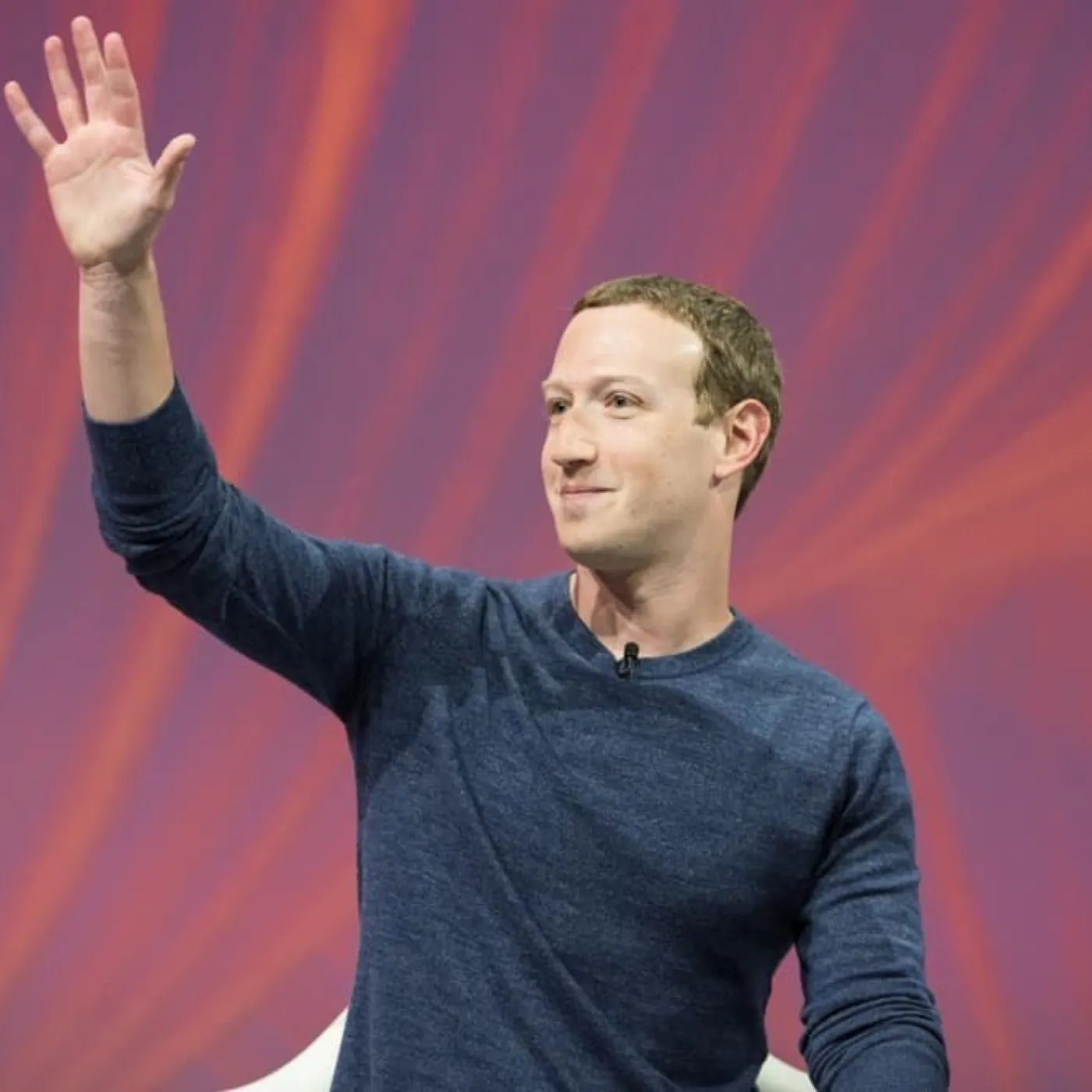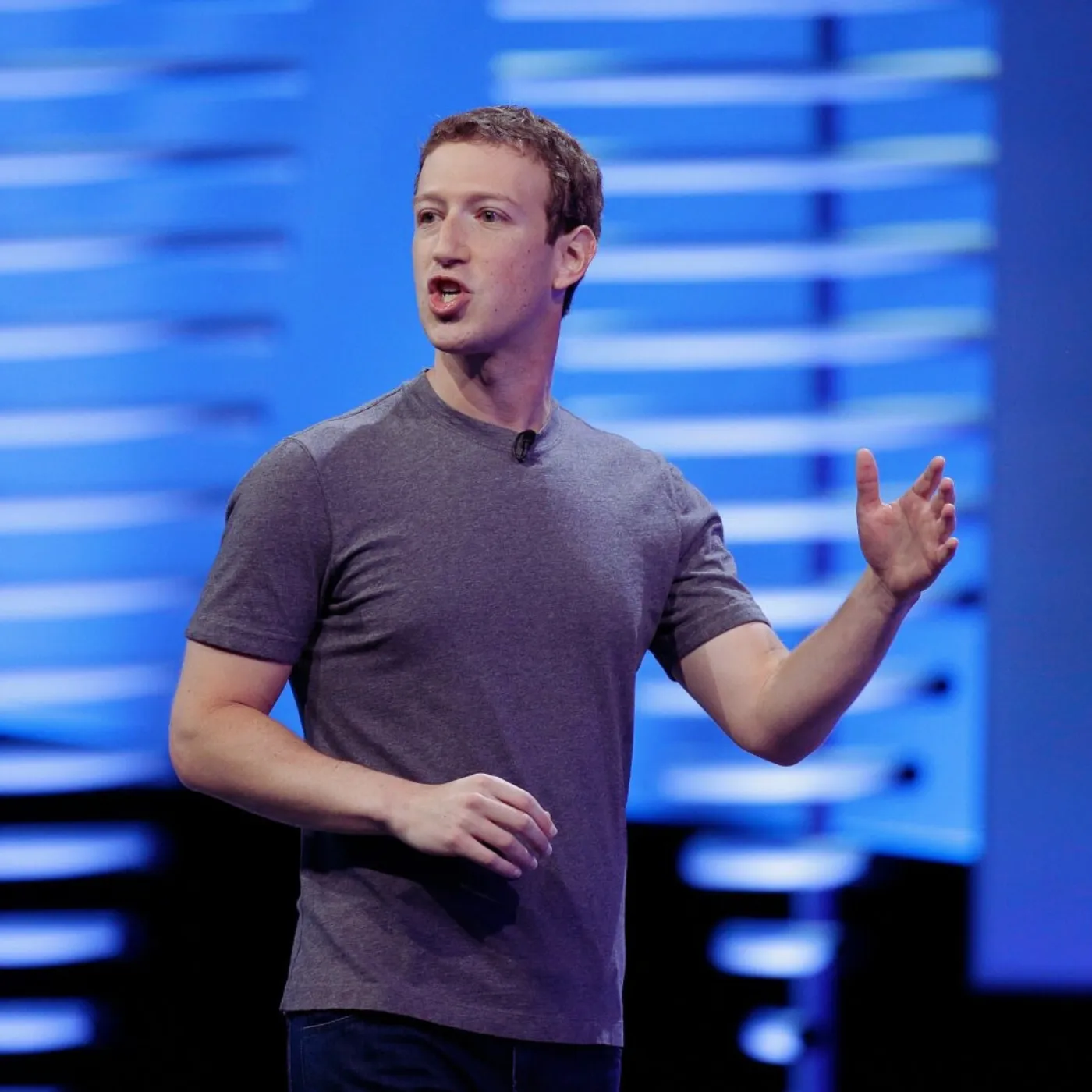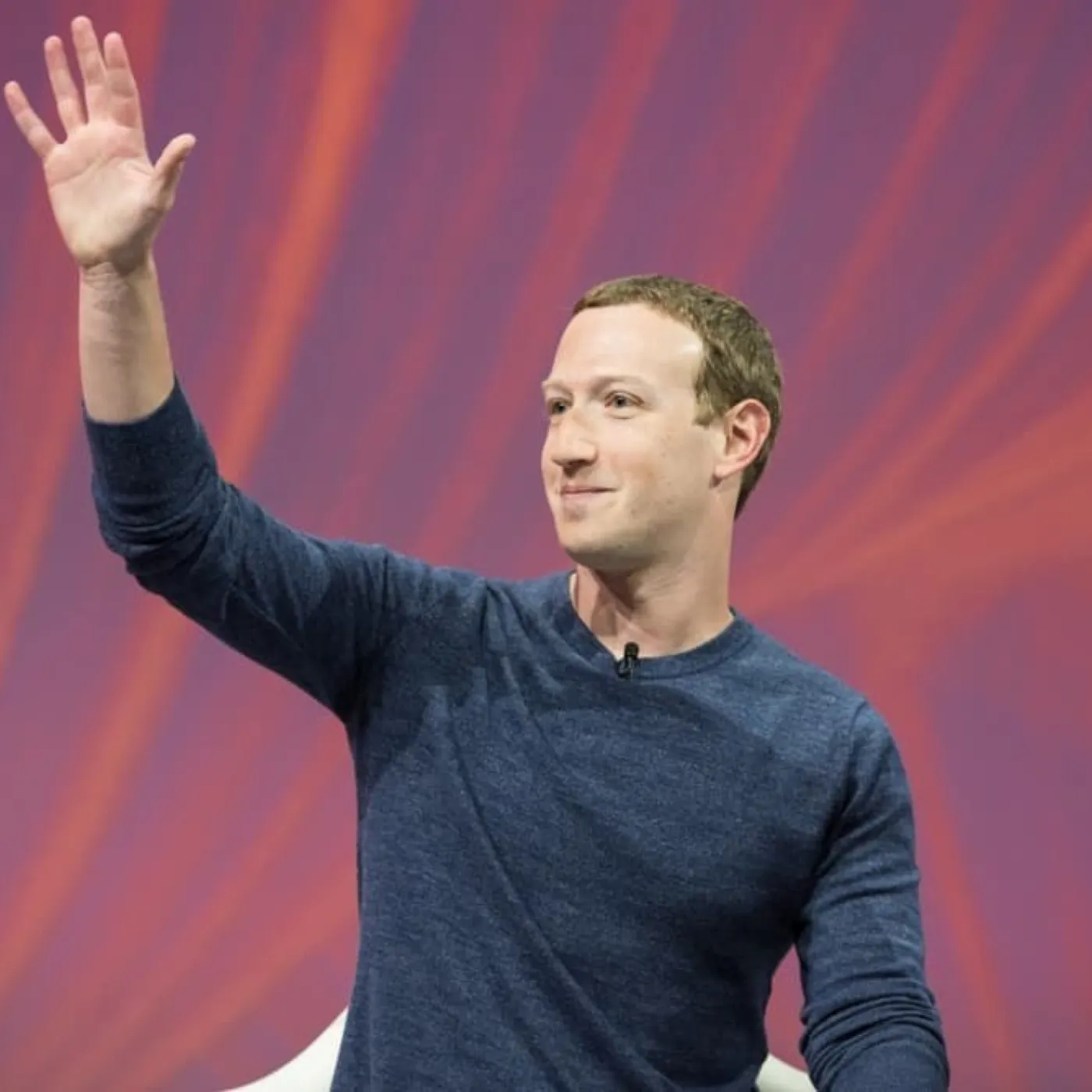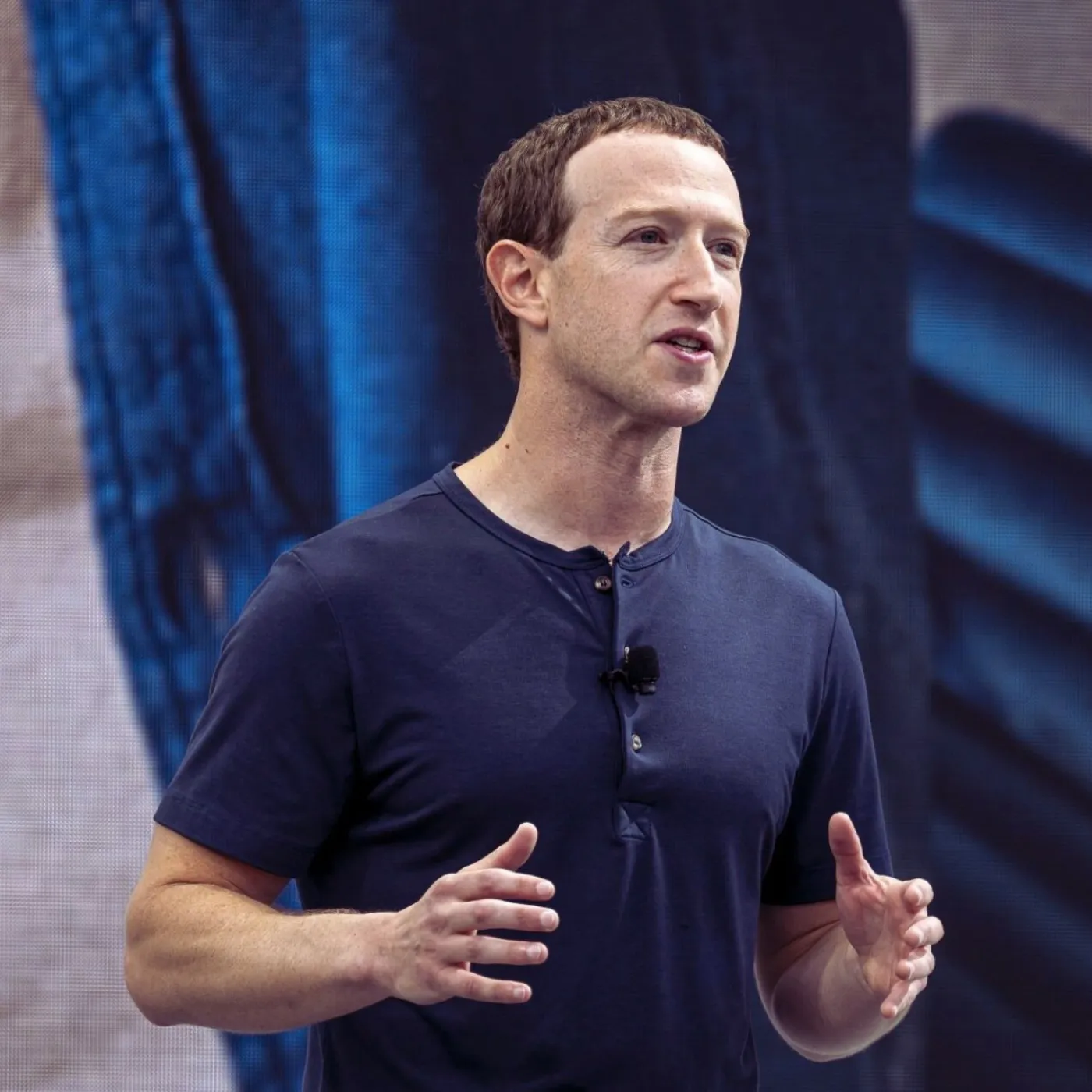

Mark Zuckerberg Took Out a Massive Mortgage — And the Real Reason Will Shock You
In a world where cash is king, you’d think billionaires like Mark Zuckerberg would buy everything outright—especially their homes. But recent reports have uncovered a curious financial move among America’s wealthiest elites: instead of shelling out millions in full, they’re quietly taking out mortgages.

Yes, billionaires are borrowing money.
At first glance, this seems absurd. Why would a man worth over $100 billion need to take out a home loan? Isn’t that what mortgages are for—people who can’t afford to pay upfront? But behind this surprising choice lies a deeper game—one that’s reshaping how the super-rich preserve, protect, and grow their fortunes.
Let’s pull back the curtain on what Zuckerberg and his billionaire peers are really doing—and why the public is just now starting to catch on.
When Billionaires Borrow: The Unlikely Mortgage Club
In 2012, Mark Zuckerberg made headlines when he took out a $5.95 million mortgage to finance his $7 million Palo Alto home. The news was met with disbelief. Why would someone so absurdly wealthy—someone who could buy the entire neighborhood—choose to pay over time?
A decade later, this tactic isn’t just an oddity. It’s a pattern. Reports show that many of America’s ultra-wealthy—from tech CEOs to hedge fund managers—are doing the same thing.
They’re not broken. They’re strategic.
The Dirty Truth: Mortgages Are a Tax Game for the 1%
Here’s the part that may make the average reader’s stomach turn: these mortgages aren’t about financial necessity—they’re about tax efficiency.
When billionaires take out a mortgage, they’re leveraging low interest rates (especially back when rates hovered around 2-3%) and preserving liquidity—meaning they keep their cash invested, often in vehicles that earn more than the loan costs.
But here’s the kicker: in many cases, mortgage interest is tax-deductible, especially on primary residences. So while the average person scrapes together a down payment, Zuckerberg and his peers are using borrowed money to get tax breaks and keep their billions working in the market.
It’s a legal loophole—and a powerful one.
Leveraging Debt While Looking Rich
There’s a powerful myth that debt equals desperation. But among the super-rich, debt is a tool—one that gives them access to more capital without triggering taxable events.
For example, if Zuckerberg wanted to buy another mansion, he could sell a portion of his Meta stock. But doing so would trigger capital gains taxes—possibly costing him millions. Instead, by taking out a mortgage or a loan against his shares, he avoids the tax and gets the same spending power.
It’s what insiders call the buy-borrow-die strategy:
Buy assets (like company shares).
Borrow against them for spending.
Die—and pass them on with minimal taxes thanks to step-up basis rules.
It’s legal. It’s brilliant. And it’s completely out of reach for the average American.
The Numbers Game: When Paying Cash Doesn’t Pay
Let’s break it down with real numbers. Say Zuckerberg takes out a $25 million mortgage at 3% interest. His yearly payment might total $750,000. Now imagine his investments are earning 8–10% annually. That’s $2–2.5 million per year—just from not selling off assets to pay for the house.
He’s essentially using cheap money to keep his wealth compounding elsewhere.
It’s like borrowing $1 for 3 cents and making 10 cents off it. Scale that to billionaire levels, and the result is staggering.
This is not financial recklessness. It’s wealth optimization.

The Power Play: Keeping Up Appearances
Make no mistake—public perception matters, even for billionaires. A mortgage on a luxury property doesn’t make Zuckerberg look weak—it makes him look savvy.
In elite circles, it signals financial intelligence, not limitation. It says, I understand the system well enough to use it to my advantage.
And let’s be honest—even if he missed a payment, it’s not like the bank would foreclose on the founder of Facebook. This is not about risk. It’s about playing the game better than anyone else.
Social Media Reacts: “Why Are They Borrowing When We’re Struggling?”
As this trend gained visibility, Facebook and X (formerly Twitter) exploded with backlash. Many users expressed outrage that billionaires were using the same tools desperate families rely on, but for strategic gain.
“Zuckerberg taking a mortgage is like LeBron James borrowing lunch money,” one post read.
“We’re drowning in debt. They’re surfing on it,” said another.
This cognitive dissonance—watching the ultra-rich benefit from systems that strain the middle class—is feeding a new wave of skepticism about wealth, fairness, and the American dream.
Mark Isn’t Alone: The Elite Are All In
Zuckerberg is far from the only name in the club. Elon Musk, Jeff Bezos, Larry Ellison, and other moguls have all been linked to similar borrowing strategies—from margin loans on stock to jumbo mortgages on mega-properties.
Some even use personal loans against artwork, yachts, or jets to fund purchases without ever touching their actual cash.
It’s not just homes—it’s a lifestyle built on strategic leveraging.
The Mortgage Is the Message: What It Really Says
For billionaires, a mortgage isn’t a crutch. It’s a signal.
It says:
I’m not paying taxes; I don’t have to.
I know money is cheaper than time.
I control my wealth—it doesn’t control me.
This mindset—leveraging assets instead of liquidating them—is the core of modern billionaire finance. The mortgage isn’t a burden. It’s a wealth shield.
Meanwhile, Back in Reality…
While billionaires are taking advantage of tax-friendly mortgages, the average American is getting crushed by rising interest rates, tighter lending standards, and historic housing shortages.
The gap is not just financial—it’s philosophical.
You borrow because you must.
They borrow because they can.
And therein lies the quiet cruelty: the same system offers two sets of rules, based on how much wealth you already have.
Final Thought: It’s Not About Need—It’s About Strategy
So why did Mark Zuckerberg take out a mortgage?
Because he didn’t need to—and that’s exactly the point.
He used the system to protect liquidity, reduce taxes, and leverage growth, all while the world scratched its head in confusion.
This isn’t about homes. It’s about power—and how those who understand money the best almost never use it the way you’d expect.

One Last Twist: You Can’t Copy This Playbook
Even if the strategy makes sense on paper, the average person can’t access the same lending terms, can’t deduct interest the same way, and can’t borrow against stock portfolios they don’t have.
So while Zuckerberg’s mortgage may look like an everyday move—don’t be fooled. It’s part of a bigger system that works very differently at the top.
And that, more than anything else, is the story behind the headline.



















Post Comment